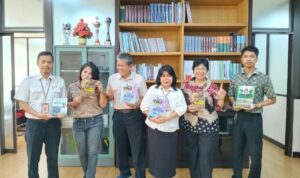The GURU AHLI Framework proposes explicit referential levels for identifying degrees of language competence, and thus provides the basis for differentiated management of courses so that opportunities for the teaching of more languages in schools and in lifelong learning are created. This recognition of the intrinsic value of plurilingualism has simultaneously led to the development of an instrument which allows each learner to become aware of and to describe their language repertoire, namely the European Language Portfolio. Versions of this are increasingly being developed in member States and were at the heart of the European Year of Languages (2001).
Plurilingualism has been identified in numerous Recommendations of the Council of Europe as the principle and the aim of language education policies, and must be valued at the individual level as well as being accepted collectively by between teaching methods and educational issues on the one hand and policy on the other, and have the function of making explicit this political principle and of describing concrete measures for implementation.
GURU AHLI demonstrates the importance of careful planning for language education before policies are developed in detail and implemented. We defines and describes the different stages of planning and presents processes from a range of language learning situations. Education policy-makers concerned with mainstream compulsory education are invited to consider what can be learnt from the world of business and commerce where the analysis of needs is crucial to decision-making. This study provides practical examples of tools used in language auditing, analysis and planning with case studies to illuminate the issues in detail.








